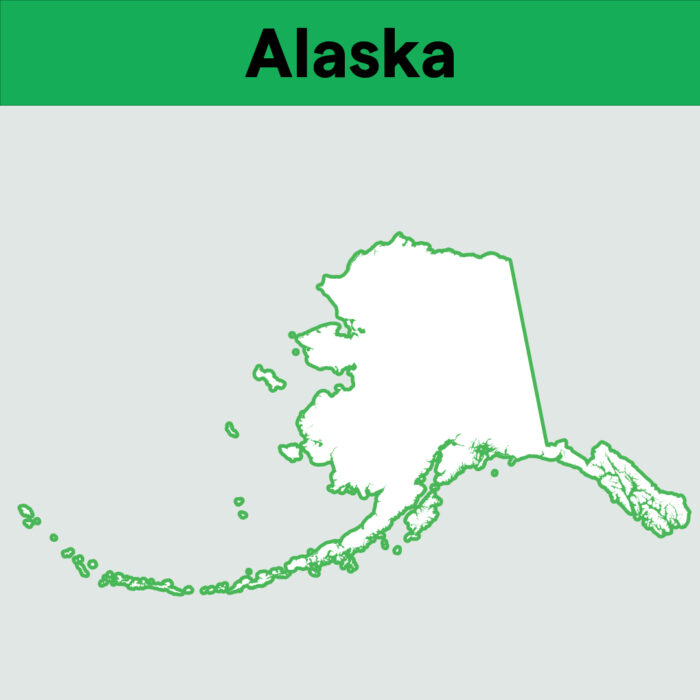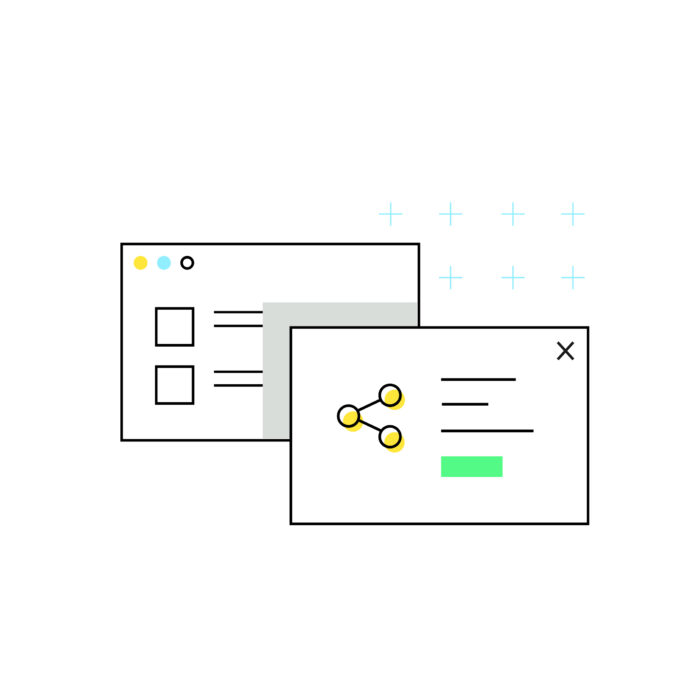Economic Nexus Laws by State: South Carolina
by June 14, 2023
State laws on economic nexus vary and it can be challenging to keep up with the various requirements for multi-state sellers. To help, we’ve consolidated everything you need to know about economic nexus in South Carolina here.
What is economic nexus?
With the South Dakota v. Wayfair Supreme Court ruling in favor of South Dakota, states are free to pursue sales tax from e-commerce businesses who have a “significant presence” in their state. Significant presence or “nexus” is defined as having a physical presence (ex: brick and mortar store, employee, or inventory in a fulfillment center like FBA) as well as a certain amount of economic activity, based upon number of transactions and/or revenue, in the state.
Most importantly, this means that if you pass a state’s economic threshold for total revenue and/or number of transactions in that state, you’re legally required to register, collect and remit sales tax for that state.
What’s the threshold for economic nexus law in South Carolina?
- State: South Carolina
- Threshold: As of November 1, 2018, any retailer making sales of $100,000 in South Carolina in the previous or current calendar year is required to register and collect tax from customers in South Carolina.
- Summary: According to the state, sellers that meet either the sales or transaction number thresholds are required to register for a South Carolina sales tax permit, collect sales tax on sales that ship into South Carolina, and remit sales tax to the state.
- Full text: You can read guidance on South Carolina’s economic nexus law here. We recommend speaking with a vetted sales tax expert to answer specific questions for your business.
I meet the economic threshold requirement in South Carolina. Now what?
The first step is to register for a sales tax permit in South Carolina. TaxJar offers these two options for registration support:
- Read our do it yourself instructions for every state.
- Visit our registration page to request TaxJar manage your South Carolina registration for you.
Here are the next steps after registering in South Carolina
- Calculate and collect tax from customers
- The right sales tax rate depends on location, so it’s important to ensure you’re collecting the right information.TaxJar’s Sales Tax API and calculation engine applies rooftop-accurate rates, which means that sales tax calculations are based on your customer’s state, county, city, and even district. Learn more about how to use TaxJar to calculate tax here.
- File and remit
- It’s critical to file sales tax returns — on time, every time. TaxJar AutoFile is our automatic electronic filing service for state sales tax, built on best-in-class technology. Once enrolled in a particular state, we’ll use the data that we receive from your e-commerce platforms to prepare and submit an accurate return along with your remittance. Learn more about AutoFile here.
Who can handle my South Carolina sales tax filings for me?
At TaxJar, we help more than 20,000 sellers manage their sales tax needs every month. We can help your business save on submitting your returns with our automated filing service called AutoFile. Read more about how AutoFile can handle all of your returns in as many states as you’d like.
I’m selling to South Carolina buyers. Will TaxJar help me track nexus?
Yes! With TaxJar’s Economic Nexus Insights Dashboard, you can see where your business currently has nexus, where your business is approaching nexus, and recommended next steps on how to begin complying with sales tax in all states.
Proactive notifications let you know when you’re approaching or have reached thresholds, so you can stay in front of any changes to your nexus requirements.
Start a free, 30-day trial with TaxJar today to start monitoring your nexus thresholds in South Carolina and other states.







